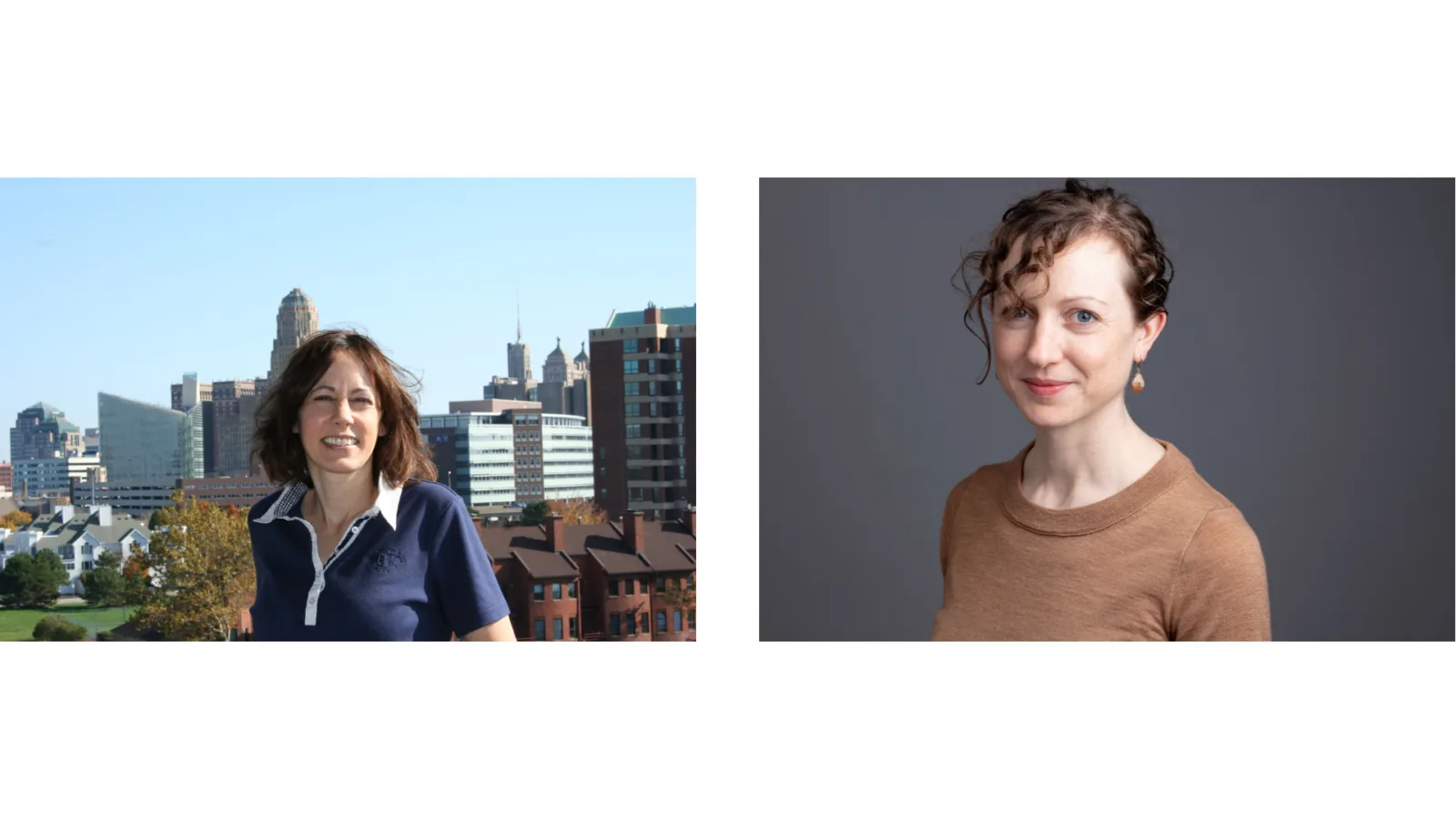Hearst and the Mass Production of Daily News
Julia Guarneri, University of Cambridge
Local newspapers would not seem to lend themselves to national-scale production. Yet in the first decades of the twentieth century, publishers invented two new business structures—the newspaper chain and the news syndicate—to mass-produce content for local newspapers. Taking the Hearst corporation as its prime example, this paper traces the rise of mass-manufactured news and assesses the consequences for news workers, news readers, and public dialogue. Syndicated and chain-owned news could be cheap and enjoyable, but it carried hidden costs, particularly as it concentrated power in very few hands.
Tilting at Capitalism: The Poetic Quest for Ethics in Modern Economics
Lisa Szefel, Pacific University
In the nineteenth century, poets such as Matthew Arnold and Samuel Taylor Coleridge protested factory and market conditions that deformed individual dignity. Expediency eclipsed moral virtues while commerce promoted brutish behavior. Reeling from the Great War, Russian Revolution, and Great Depression, modernist writers likewise excoriated economic arrangements that hobbled freedom and crippled liberal democracies. This paper analyzes critiques of capitalism among authors grappling with seismic dislocations. In particular, it uses Ezra Pound’s correspondence, cantos, and World War II radio broadcasts to analyze legitimate concerns about monetary policies that fueled fascist politics.
Respondent: Amy Wood, Illinois State University
Registration
This event is free, but all participants must register in advance and space is limited. Please do not request a paper unless you plan to attend.
Register and Request PapersAbout the History of Capitalism Seminar
The History of Capitalism Seminar provides a works-in-progress forum for work from scholars at all levels. Proposals may consider a variety of subjects, including the history of race and racism, gender and feminist studies, intellectual history, political history, legal history, business history, the history of finance, labor history, cultural history, urban history, and agricultural history. Elizabeth Tandy Shermer (Loyola University Chicago) and Andrew Hartman (Illinois State University) are the co-coordinators of the seminar.
